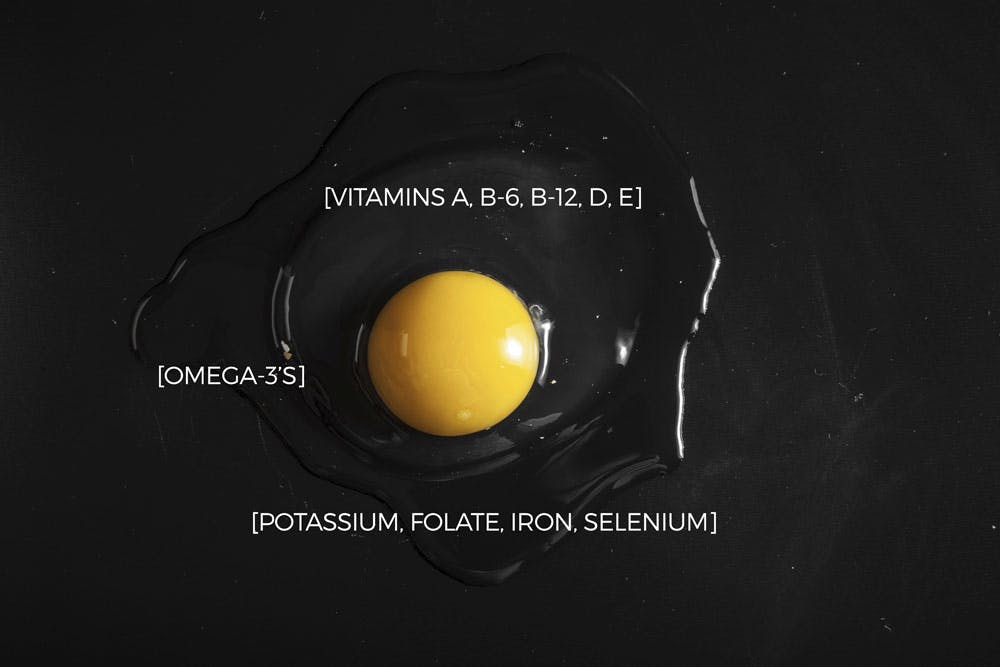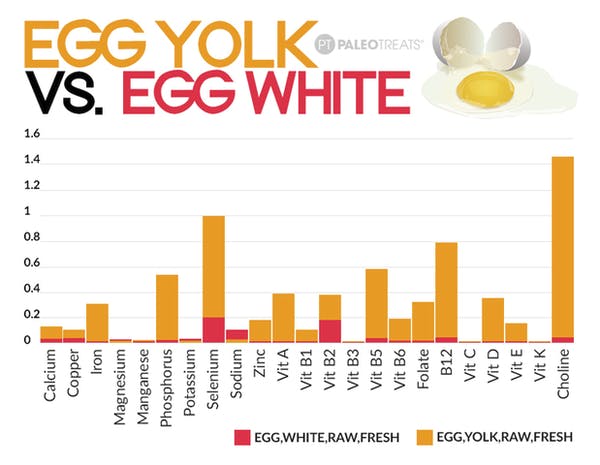Before you skip past the eggs for a carton of egg whites on your next visit to the grocery store, here are a few things you may want to take into consideration if your goal is to improve overall nutrition.
At one point or another, most of us will have been given advice or come across literature in support of egg white-only diets. From magazines, to your best friend whose just shed 30 pounds, to some nutritionists– this information comes at us at all angles with the main point drilled home being “egg yolks are bad for you.”
While people with a history of high cholesterol or heart disease should certainly follow doctor’s orders and stick to egg whites, this is not a rule of thumb for everyone else.
The most common arguments for cutting out egg yolks are:
- Egg whites are an excellent source of protein.
- Egg yolks contain high levels of cholesterol and fat.
While these points may be true to some degree, there are misconceptions surrounding these ideas that have promoted egg whites as an all-inclusive solution, and demonized egg yolks for the masses.
The result – health conscious individuals looking improve their overall nutrition and wellness may actually be missing out on opportunities to do just that by avoiding egg yolks all together. Here’s a bit of education why…

1. Egg yolks are not synonymous with high cholesterol. In fact, the dietary cholesterol provided by egg yolks can actually be beneficial to your overall health.
With 66% of the American population fighting an overweight battle, and 47% of Americans at risk of heart disease, it’s no wonder that cholesterol has received such a bad rep.
“Cholesterol” is generally associated with the plaque-like build up that occurs in unhealthy blood cholesterol leading to heart attacks – and that’s where it ends.
Contrary to the stigmas surrounding cholesterol, however, our body needs it to make hormones, Vitamin D, and to assist in digestion, and the dietary cholesterol provided by egg yolks can actually be beneficial to some populations of people who are not at risk for high cholesterol.
For those that haven’t been advised otherwise, factoring in the 186 milligrams of cholesterol provided by a whole egg to your recommended 300 milligrams of daily cholesterol intake may actually be worthwhile, as studies have shown it may help reduce LDL or bad cholesterol.
2. Egg yolks are rich in minerals and fat-soluble vitamins which egg whites lack.
As Jillian Michaels tells us – “whole eggs are a nearly perfect food, with almost every essential vitamin and mineral our bodies need to function. It is one of the few natural good sources of Vitamin D and contains 7 grams of high quality protein.”*
While egg whites provide the option of reduced cholesterol intake, those NOT at risk for high cholesterol are being robbed of an excellent source of vitamins A, D, E and K as well as calcium, iron, zinc, folate, vitamin B6, vitamin B12 (among many others) by skipping egg yolks. Below is a helpful chart from paleotreats.com to paint a picture on the nutritional opportunities being missed.

In closing, this article is not meant to be medical advice – always do what’s best for your body, and always listen to your doctor’s orders.
That said, we thought it might be useful for some of you to rethink how you make those omelettes!
Speaking of which, if you want some interesting omelette recipes or any other nutritional help contact our Nutrition and Wellness Coach carolines@bostonptwellness and we’ll sort you out!
*www.jillianmichaels.com/fit/lose-weight/myth-eggs,www.nhlbi.nih.gov/health/health-topics/topics/hbc
